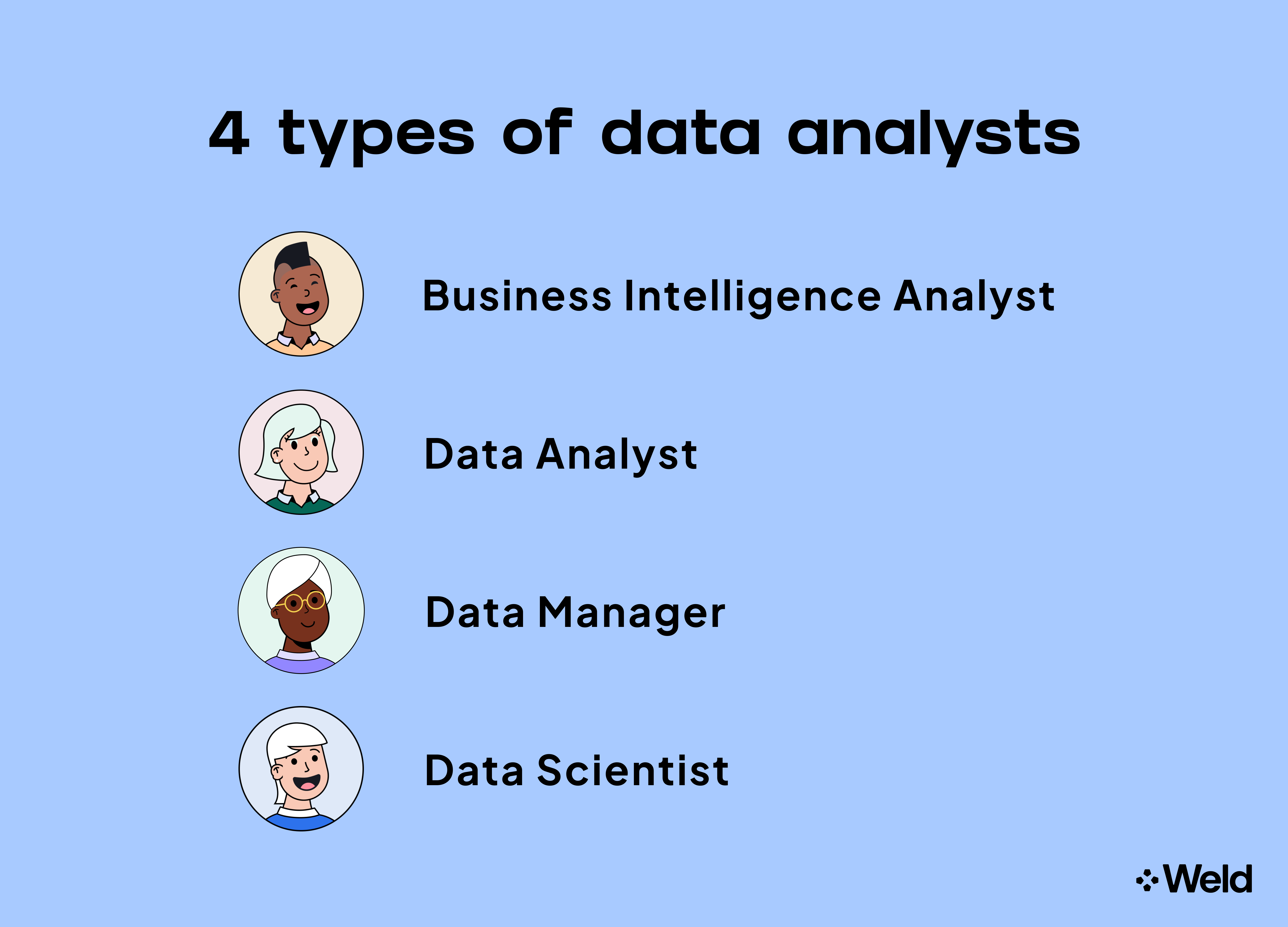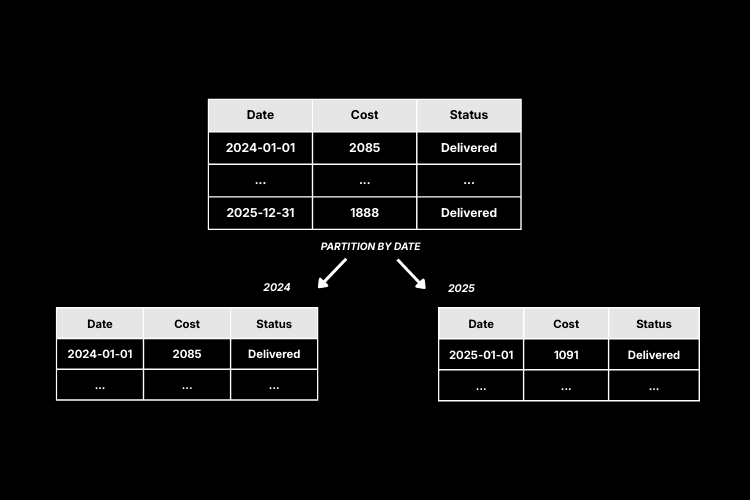You don't need a data analyst to tell you that to bring in more capital, you need to capitalize on your data.
You do, however, need a data analyst to help you turn that data into more capital. So how do you find the right analyst for the job?
In this guide, we're going to cover everything you need to know about hiring quality data talent, sorting through the different kinds of data analysts out there, and more.
But first, what is a data analyst?
For those that don't know, a data analyst is part researcher and part engineer. While the role will vary from one organization to the next, data analysts will generally be:
- Mining data that a business has collected
- Finding new ways to collect data
- Pulling key insights from that data
All of this is with the ultimate goal of helping the execs at a business make effective decisions. This data can help businesses make more informed decisions, improve their products and services, and become more efficient.
In short, data analysts exist to help you turn your data into an actionable investment.
Why your business should hire a data analyst
Businesses that don't hire a data analyst tend to have one or two data-related challenges:
- They have more data than they know what to do with. This is expensive, as collecting and storing all of this data takes up resources without providing sufficient ROI.
- They aren't able to collect enough data to be competitive. Alternatively, your organization might be collecting too little data. While this is easier to manage and act on, it likely isn't enough to compete against other players in your sector.
In either situation, the right data analyst can help you succeed.
If you’re overwhelmed by the petabytes of data you've collected, a data analyst can help you build systems to start parsing through that data. They can take this mass of information and pull key insights that you need to start seeing ROI on that data.
If your business is collecting a minimal amount of data, either due to being a small- to medium-sized business or relying too heavily on legacy systems, a data analyst can help you find new channels of data collection. That could be building bespoke analytics software or integrating with existing third-party solutions. In both cases, you'll find that a data analyst can make you more effective and competitive.
4 different types of data analysts
1. Business intelligence analyst
The first type is what you might call a "high-level" analyst. These professionals look at not only your data and trends but the data and trends present in your sector, too.
From this data, they work to bring you decision-making insights. For instance, a business intelligence analyst might help you invest in new tech that will give you an edge over competitors, or they might find an area where you can cut back for cost savings.
2. Data analyst
As the name suggests, data analysts provide the broadest role out of all four types. They analyze your data, help you create models from that data, refine your data so that only the most critical elements surface, and use this data to help inform your decisions.
This second type is a generalist role, making it a solid option for most organizations.
3. Data manager
A data manager is an experienced data analyst who is capable of managing and orchestrating other data analysts. This is a great option for larger organizations that want a team of analysts and researchers and are looking for an individual to head the team.
Additionally, data managers will manage your data systems. This includes helping you decide which collection and analysis methods to invest in and overseeing those systems.
4. Data scientist
Lastly, there are data scientists. This last type of data analyst is usually the most senior, hence the more impressive title.
Where a data analyst is typically there to study data and help you make more informed decisions, a data scientist can help you make predictions. They look past the present to the future so that you can not only keep up with trends, but stay ahead of and possibly even create them.

Full-time or freelance?
In addition to there being different types of data analysts, there are also different types of workers: Full-time and freelance.
Both have unique benefits that will make them better suited to your business.
Freelancers are a solid option for organizations that need occasional or short-term data analysis. This is faster and more affordable than bringing on permanent talent while still providing you with the experience and skills you're looking for.
It's a good idea to hire a full-time data analyst when you have long-term and unique analysis needs. If you would benefit from talent that learns the ins and outs of your organization, is available for in-person meetings and conversations, then you'll get your money's worth with a full-time expert.
There are, of course, other alternatives for companies looking to embrace a more modern approach. Weld can offer you a fully-stacked data team, all within 24 hours - now that’s a speedy turnaround time. Our experienced data teams will manage all your data needs, like creating data models, syncing customer data and building use cases.
Getting the very best when you hire a data analyst
As you start preparing to hire a data analyst, you'll want to have a checklist in mind to ensure that you get the very best talent for your business.
One of the first steps you should take before hiring an analyst is setting up your onboarding process:
- What systems are they going to be using?
- Who are they going to be working with and reporting to?
- What knowledge can you give them to help them be effective?
From there, lay out clear goals and KPIs. While these may change after your data analyst is onboarded, it's imperative so that your analyst can move in the right direction immediately.
Bring data analysis expertise to your business
Deciding to hire a data analyst is an excellent step in the right direction - but it's not the only one! If you're looking to maximize your available expertise, reach out to the team at Weld and see if our fully-stacked data team is right for you. It's a dedicated team of data experts and software at your fingertips whenever and wherever you need it.












